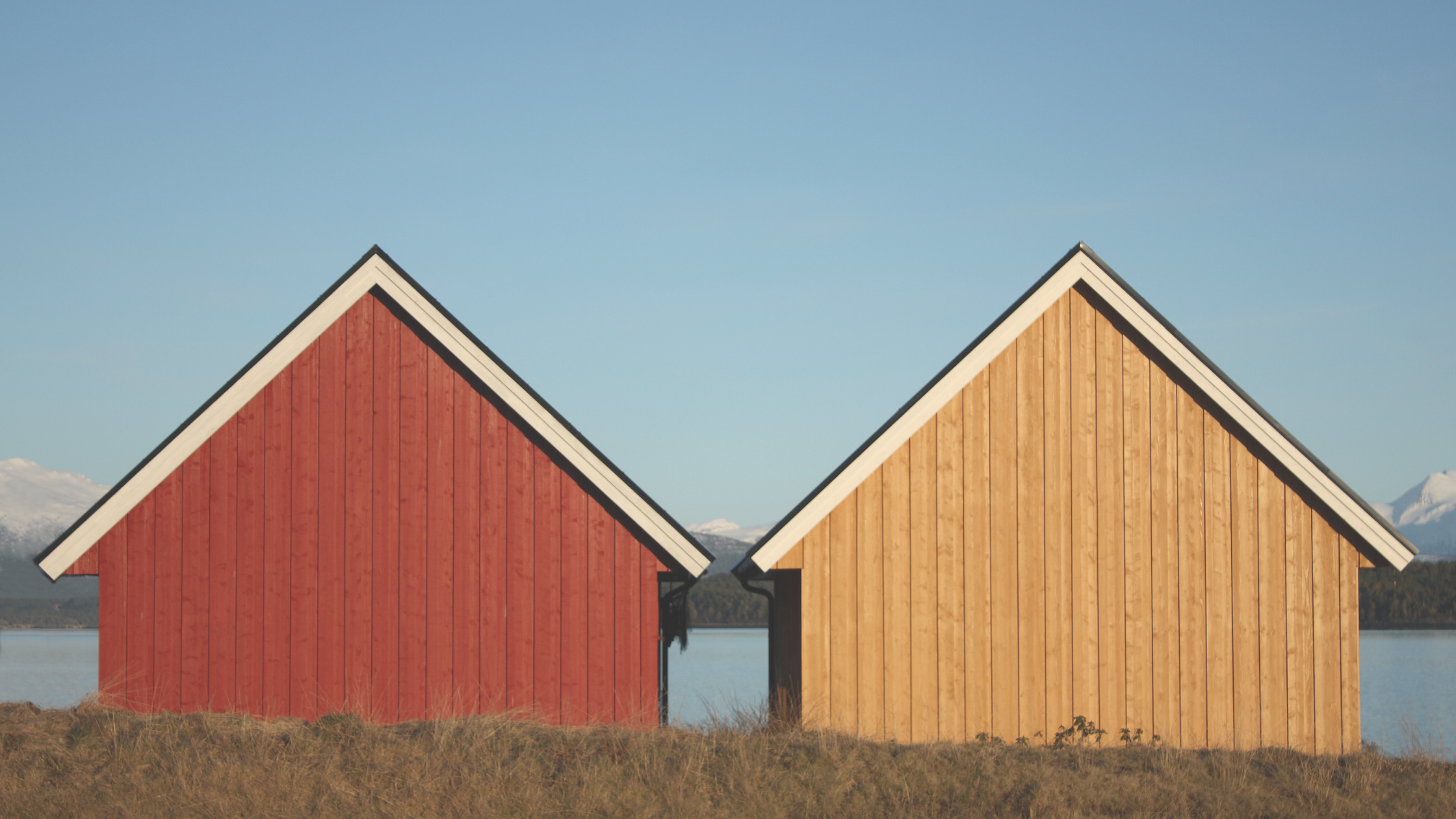
Almost one million people in the UK own a second home. There are many reasons for buying a second property – most commonly as an investment for your future or for a holiday home for a weekend escape.
There are many benefits for having a buy-to-let property to use rental income to augment your current salary or your pension in retirement, or to buy a property to renovate and sell, and of course it is easy to see why some people choose to purchase a second house as a holiday or weekend home, providing an escape to the countryside whenever the mood takes them.
The concept of buying a second home is an exciting one but it can also be quite daunting. If you’re thinking about buying a second home, it’s important to weigh up the pros and cons and ensure you understand the process (which can be different from buying your primary residence).
- Mortgage – getting a mortgage for your second property can be tricky and not all lenders will offer these. If you have an existing mortgage, you will have to meet strict affordability requirements to take out a loan on your second home. For lenders willing to offer a second mortgage, generally speaking they will ask for a 20-25% deposit. Additionally, you need to be clear with the lender the purpose of the property – whether this is solely for personal use (i.e. a holiday home) or whether you intend to rent out the property.
- LBTT – if you’re buying a second home, you might need to pay an additional dwelling supplement of 4% in addition to the LBTT that would be due on the acquisition.
- Buy-to-let – If you want to rent out the property, you will have to take out a specialist buy-to-let mortgage and also have the right building insurances in place for a buy-to-let.
- CGT – If you decide to sell a second home and its value has increased since you bought it, you might have to pay Capital Gains Tax.
- Bills – remember that you will have additional costs on your second property and will still be liable for bills and council tax, depending on your strategy and the use of the property.
Given that mortgage lenders tend to have strict requirements for people buying second homes, if you are able, you should try and pay off the mortgage on your main home, as this will give you more flexibility when it comes to lenders and rates. The higher the deposit you can put down, the better interest rate you will get on a mortgage, so it’s advantageous to have lots saved up.
Buying a second home can be a good long-term investment but it depends on how much you spend on the property and what you plan to do with it. In particular, if you are going to rent it out, the rental income can cover mortgage costs, plus extra. However, landlords need to understand the process – not only surrounding the strict regimes with lenders and taxes, but landlords in Scotland have extra responsibilities, and need to ensure they follow the book to keep the taxman and the authorities on their side.
